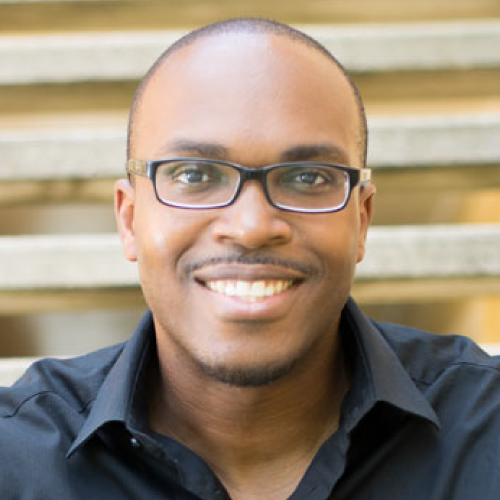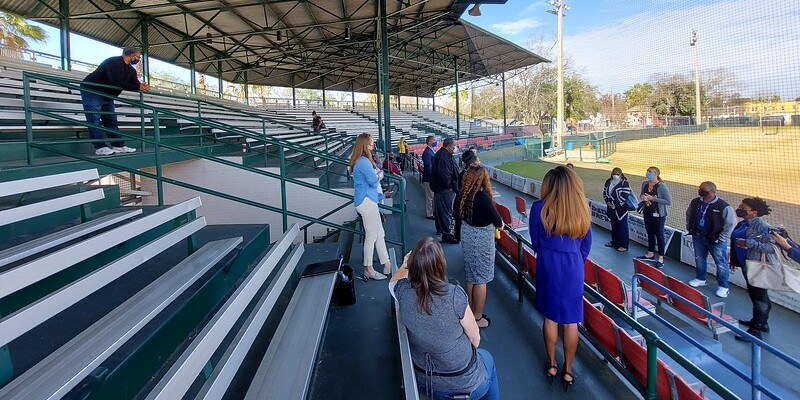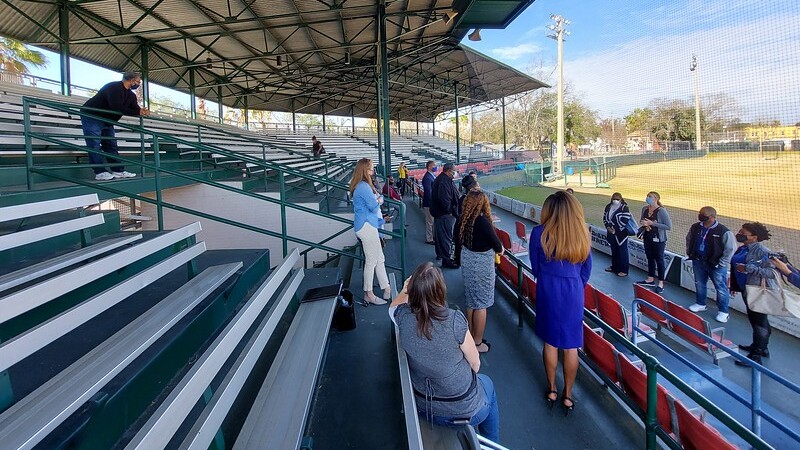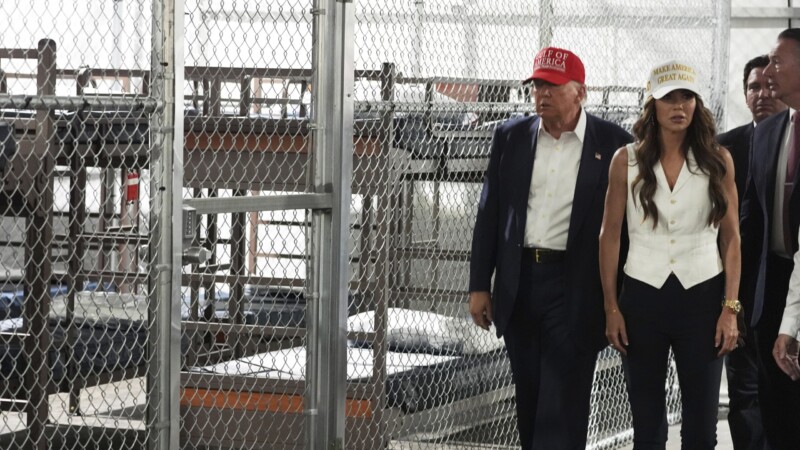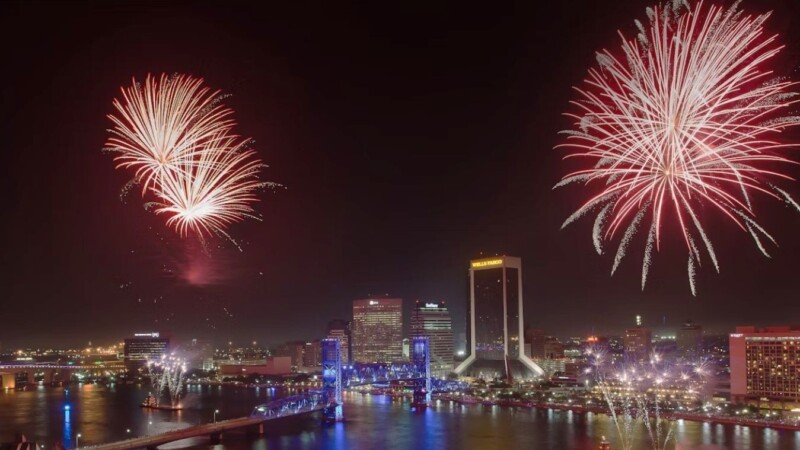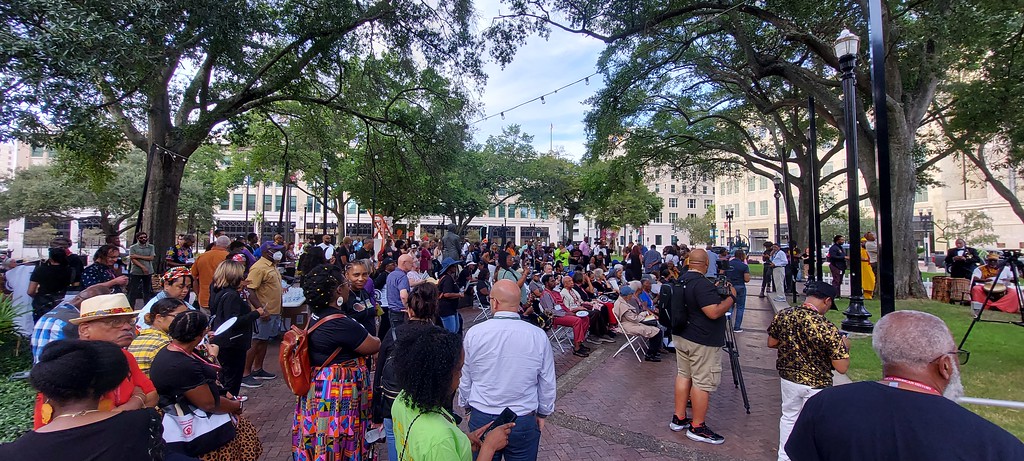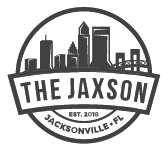
In honor of Black History Month, here are six historic African American cultural heritage destinations in Jacksonville to visit.
Eartha M.M. White Historical Museum
613 W. Ashley St.

A fixture on West Ashley Street since the Great Depression, the Clara White Mission building was originally constructed as the Bijou Theatre in 1908. The Bijou closed and was reopened in 1910 as the Globe Theatre. At the time, Ma Rainey (born Gertrude Pridgett Rainey) was one of the venue’s most popular musicians and was known to receive three or four encores every night. By the end of her career, Ma Rainey had become billed as the Mother of the Blues, making several recordings with influential jazz figure Louis Armstrong. Jelly Roll Morton, the Father of Jazz, also performed at the Globe on a regular basis during his brief time living in Jacksonville.
Closed prior to World War I, the old venue would eventually be resurrected as Eartha Mary Magdalene White’s Clara White Mission in 1932. White, who sang as a lyric soprano in John Ishma’s Oriental America on Broadway, was also a noted local humanitarian and civil rights activist. Notable guests and friends who visited the mission during White’s lifetime include Mary McLeod Bethune, Zora Neale Hurston, Ray Charles, A. Philip Randolph, and Martin Luther King Jr.
After her death, the Clara White Mission converted her third-floor residence into a continuing memorial to both White and her mother, Clara White. Dedicated on December 17, 1978, the Eartha M.M. White Memorial Art and Historical Resource Center is a museum that contains most of her furniture, objects, art and possessions.
Edward Waters University
1658 Kings Road

Recognized as the first historic Black college in the state of Florida, Edward Waters University was initially founded in 1866 by the African Methodist Episcopal Church. In continuous operation since 1883, the school was established to educate freedmen, women and their children. The institution has been located at its present site since 1904. In addition to serving as a seminary for the AME church in Florida, Edward Waters was for many years the only institution of higher learning available for African Americans in Jacksonville.
During the Great Depression, the campus served as the state “negro headquarters” for the National Youth Administration, established in 1935 by the Franklin D. Roosevelt administration. Mary McLeod Bethune served as the director of the administration’s Division of Negro Affairs. Featuring buildings designed by late 19th and early 20th century African American architects, the oldest portion of the urban university campus was added to the National Register of Historic Places as a historic district on August 8, 2022.
Freedom Park
10946 Fort Caroline Road

The settlement of Cosmo was established after the Civil War by Gullah Geechee families from coastal Florida, Georgia and South Carolina. The Gullah Geechee people are the descendants of Central and West Africans who have traditionally lived along the coasts of southeastern North Carolina, South Carolina, Georgia and Northeast Florida.
In what’s now Arlington, settler James Bartley and his wife Polly purchased 40 acres of land in 1877 and are recognized as the first African American landowners in Cosmo. Cosmo residents established a community around hunting, farming, mullet fishing, crabbing, shrimping and harvesting oysters at Mill Cove. At its height, the community boasted a post office and school.
Cosmo remained in isolation until the construction of the Mathews Bridge and the development of Arlington as a popular suburb during the 1950s. During the following decades, river dredging negatively affected Mill Cove’s marine line, while displacement and suburban gentrification have negatively affected the Cosmo community.
In 2022, the city of Jacksonville established Freedom Park on the former settlement’s site, featuring the first public markers in Jacksonville honoring Gullah Geechee people. The park stands as a testament to the work of the Cosmo Historical Preservation Association.
Henry L. Aaron Field at James P. Small Memorial Stadium
1701 Myrtle Ave. N.

Long before the Baseball Grounds of Jacksonville or Wolfson Park, J.P. Small Memorial Stadium was the home of Jacksonville’s professional baseball community. Amazingly, it’s still standing today. Once called Durkee Field and dating back to 1912, this ballpark once served as the home of the Negro League’s Jacksonville Red Caps, Florida’s first major league sports team.
Some of the first teams to play here include the Jacksonville Tars and the Jacksonville Athletics, a team of which James Weldon Johnson was a member. Baseball legends who played here over the years include Babe Ruth, Lou Gehrig, and Henry Aaron. The stadium’s baseball museum captures the rich history of the sport in Jacksonville and the surrounding Durkeeville neighborhood. The baseball museum and another nearby museum preserve and spread the rich history of the historic Durkeeville neighborhood. Both are operated by the Durkeeville Historical Society.
Kingsley Plantation
11676 Palmetto Ave.

Kingsley Plantation was established by South Carolinian John “Lighting” McQueen with 300 enslaved Africans in 1793. The property was turned over to Georgia’s John McIntosh in 1804. McIntosh leased the property to Zephaniah Kingsley, Jr. in 1814 who then acquired it in 1817.
Considered “one of Florida’s most flamboyant slaveholders,” Kingsley purchased and married Anna Madgigine Jai, a Wolof girl from present-day Senegal, in 1806. He eventually grew to depend on Anna to run the plantation in his absence. Crops produced at the plantation included sea island cotton, okra, oranges and rice.
Kingsley passed in 1843 and what he left to African family members was quickly contested on racial grounds by his white relatives. But in 1846, Anna Madgigine Jai accomplished the unthinkable in the antebellum South: In a Duval County courtroom, she successfully argued her case for ownership within the dictates of the Adams–Onís Treaty with Spain that ceded Florida to the U.S. in 1819.
Sold after her death, the plantation at Fort George Island was briefly controlled by the Freedmen’s Bureau and under private ownership until being acquired by the state of Florida in 1955. With many of its structures still surviving on an isolated sea island, the property was acquired by the National Park Service, becoming a part of the Timucuan Ecological and Historic Preserve in 1991.
Ritz Theatre & Museum
829 N. Davis St.

The Ritz Theatre and Museum is a Downtown Jacksonville cultural destination that highlights the city’s rich Black culture, heritage and history. The mission of the Ritz is to “research, record, and preserve the material and artistic culture of African American life in Northeast Florida and the African Diaspora, and present it in an educational or entertaining format, showcasing the many facets that make up the historical and cultural legacy of this community.”
Built by Neil Witchen, Sr., the Ritz Theatre originally opened its doors to the public as a movie theater in September 1929. It served Black Jacksonville moviegoers before closing for good in 1971. As a part of the River City Renaissance plan that destroyed much of the surrounding LaVilla neighborhood, the theater was partially demolished and rebuilt into a $4.2 million 426-seat theater and museum dedicated to African American history and life in Northeast Florida and which hosts a series of traveling exhibits. The 32,000-square-foot museum and performing arts venue opened its doors on September 30, 1999.
